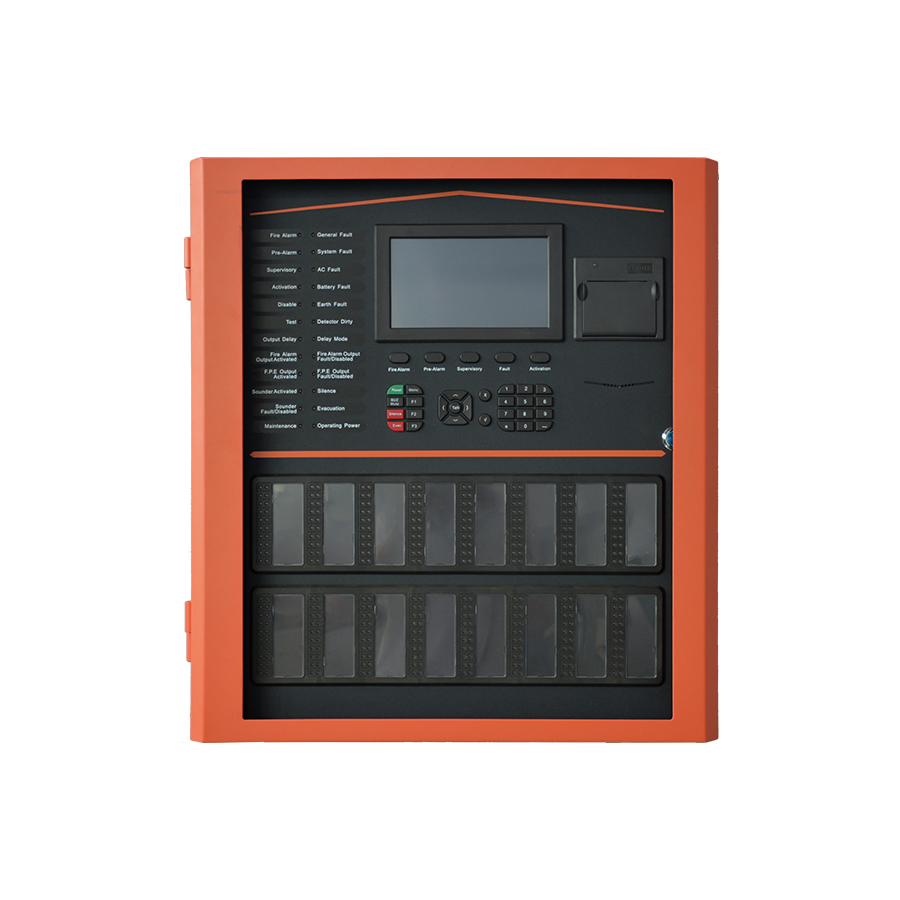Copyright © 2021TANDA Development Pte. Ltd. All rights reserved.Privacy Policy.Site MapDesigned by

In today's world, fire safety is a top concern for every building owner. Installing a reliable fire alarm system is essential to ensure the safety of occupants and minimize property damage. When it comes to fire alarm systems, there are two main types: addressable and conventional. Both have their merits and drawbacks, and selecting the right system depends on various factors like building size and complexity. This article will compare and contrast addressable and conventional fire alarm systems, providing insights into their differences and helping you make an informed decision for your specific requirements.

An addressable fire alarm system is a modern and advanced technology that provides precise information about the location of a fire. Each device in the system, such as smoke detectors, heat detectors, and manual call points, is assigned a unique address. This address enables the control panel to pinpoint the exact location of the activated device, allowing for quick identification and response to the fire incident.
One significant advantage of addressable systems is their ability to provide detailed information about the fire's location. This feature is particularly useful in large buildings with complex layouts, where it can be challenging to identify the fire's origin. Addressable systems also allow for easy expansion and modifications, providing flexibility for future changes in building occupancy or layout.
Conventional fire alarm systems, on the other hand, are the traditional and more widely used option. In a conventional system, multiple devices are connected to a single zone or circuit. When a device detects a fire, it only provides a general indication of the activated zone, making it more difficult to pinpoint the exact location of the fire. Firefighters or building occupants must manually investigate the designated zone to locate the fire source.
Despite their limitations, conventional systems have their place in smaller buildings with simpler layouts. They are often more cost-effective compared to addressable systems, making them a preferred choice for budget-conscious property owners. Additionally, conventional systems are simpler to install and maintain, requiring less technical expertise.
Both addressable and conventional fire alarm systems have their advantages and considerations that need to be evaluated while making a choice.
Addressable systems provide precise information about the fire's location, enabling quick and targeted response by firefighters. The detailed location information can save crucial time in rescue operations and potentially reduce property damage. However, addressable systems are generally more expensive to install, require additional wiring throughout the building, and necessitate advanced technical knowledge for maintenance and troubleshooting.
Conventional systems, although lacking in precision, are simpler, cheaper, and easier to maintain. They are suitable for smaller buildings where quick identification of the fire's location may not be as critical. However, it's important to consider that in complex building layouts, conventional systems may lead to delays in locating the fire, resulting in potential risks to occupants and property.
Choosing between addressable and conventional fire alarm systems depends on various factors such as building size, layout, and budget. Addressable systems offer precise information and faster response times, making them ideal for large and complex buildings. On the other hand, conventional systems are simpler and more cost-effective, making them suitable for smaller buildings with simpler layouts. Ultimately, consulting with fire safety professionals and considering your specific requirements will help you select the most appropriate fire alarm system for your building, ensuring the safety and well-being of all occupants.